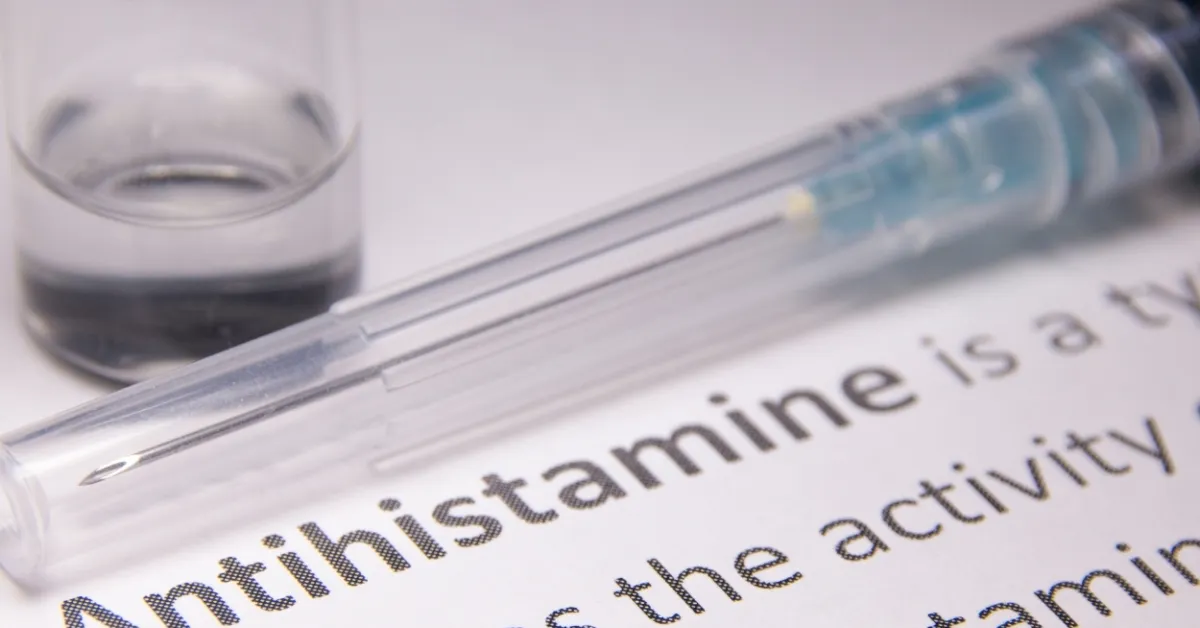Hamilton, ON (April 6, 2021) - If you are one of the millions of people worldwide suffering from allergies, you may take an antihistamine pill to ward off hives, sneezing and watery eyes. But you may be taking your medications incorrectly, says Derek Chu, a McMaster University allergy expert and clinical scholar.
"People need to rethink what they stock in their home cabinets as allergy medicines, what hospitals keep on formulary, and what policymakers recommend. The message needs to get out. This publication is on time for the spring allergy season and as COVID vaccines roll out, for which rashes are common and antihistamines can be helpful," said Chu.
Co-author Gordon Sussman, professor of medicine at University of Toronto's Temerty Faculty of Medicine, agrees. "There are new modern second generation antihistamines that are potent, specific, fast acting and of proven safety which everyone should be using to treat allergic rhinitis and hives," he said.
This team's study is published in the Canadian Medical Association Journal (CMAJ), and list five facts to know:
1. Antihistamines are among the most commonly and incorrectly used medicines worldwide.
Antihistamines are best used to relieve symptoms of hay fever and outbreaks of hives, but not for asthma, eczema, coughs or insomnia.
2. First-generation antihistamines are associated with substantial and sometimes fatal side effects.
Antihistamines with diphenhydramine, chlorpheniramine or hydroxyzine are first-generation antihistamines that can cause drowsiness and affect cognitive functions such as school performance. Overdosing can cause death and they are potentially dangerous for both young and older people.
3. Newer antihistamines are safer, as affordable and as effective as first-generation antihistamines.
Later-generation antihistamines are proven to be more effective and last longer with less side-effects like drowsiness.
4. Antihistamines should not be used instead of epinephrine to treat anaphylaxis.
Oral drugs can be used together with epinephrine injections to treat anaphylactic reactions, but they are not a substitute.
5. Most antihistamines are safe to use during pregnancy and breastfeeding.
Medical research has shown that antihistamines at standard doses do not harm fetuses during pregnancy and may be used during breastfeeding. They are also safe for children to use.









